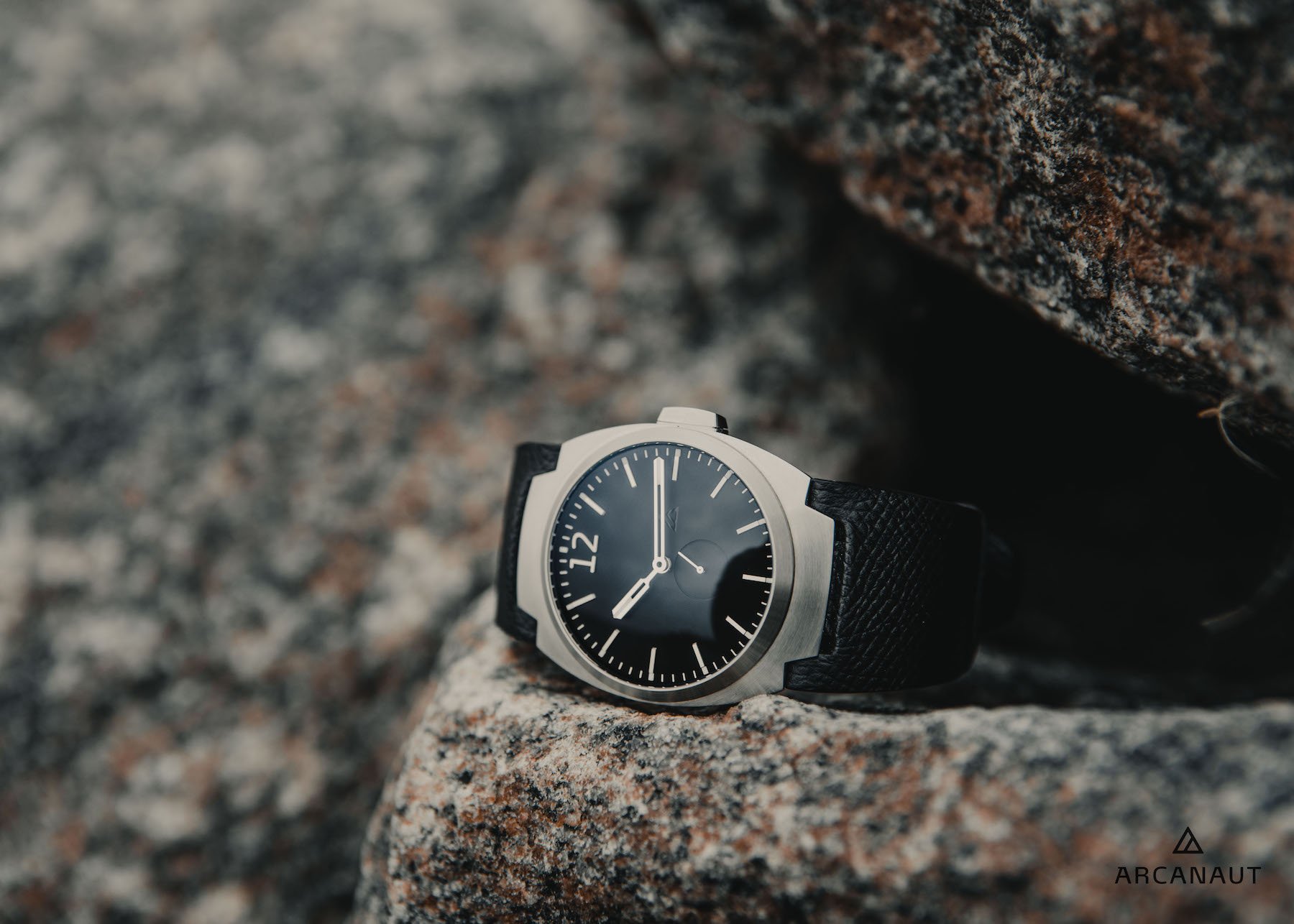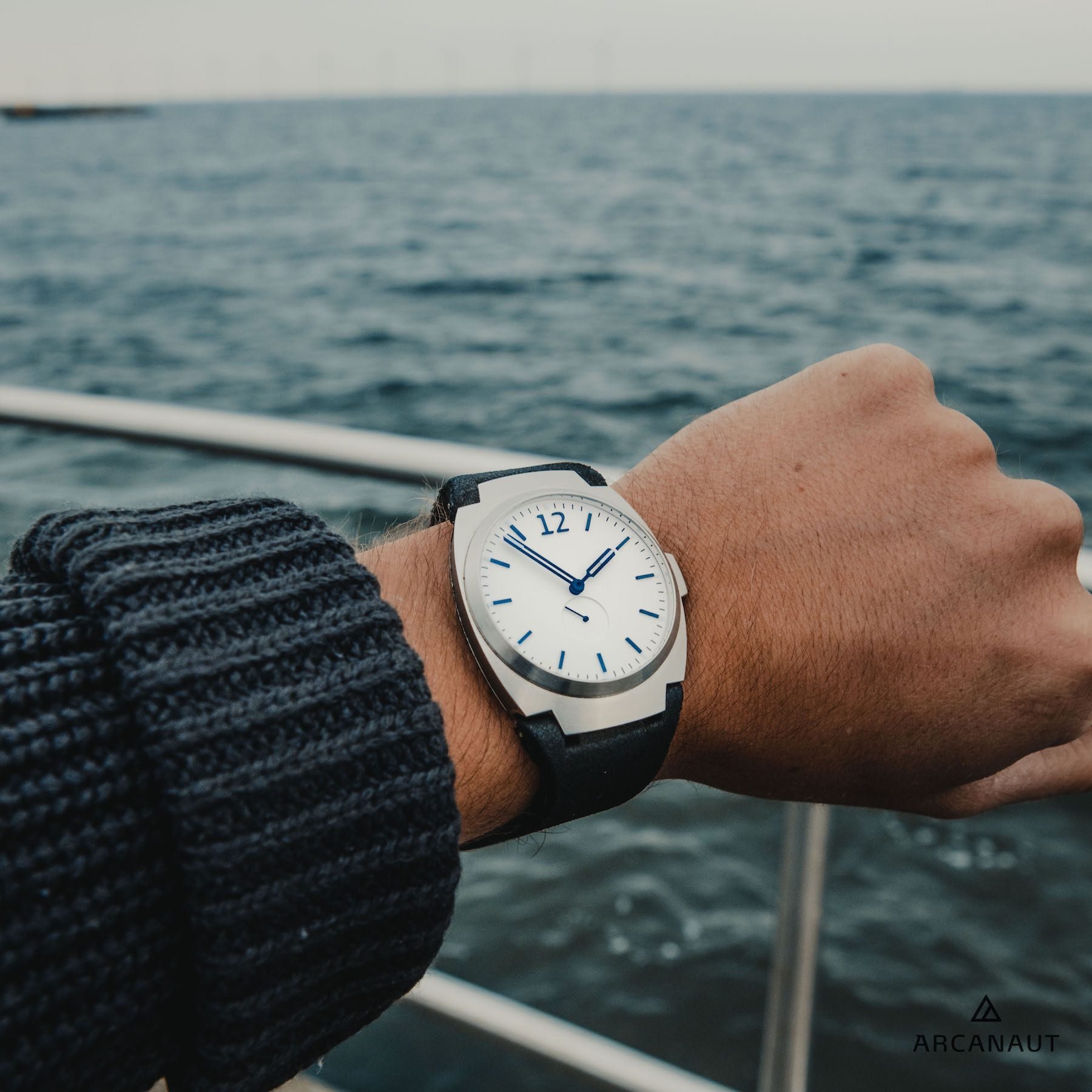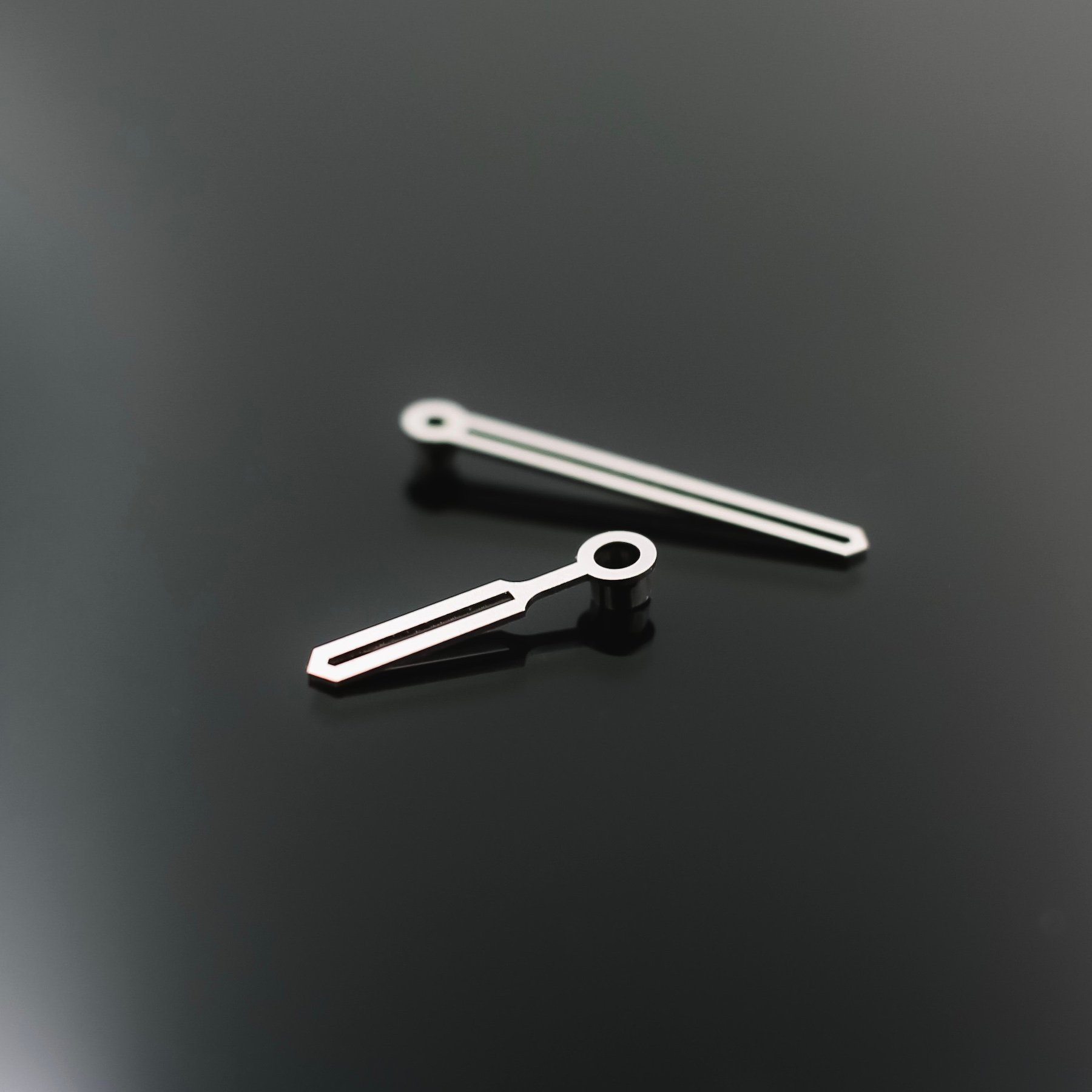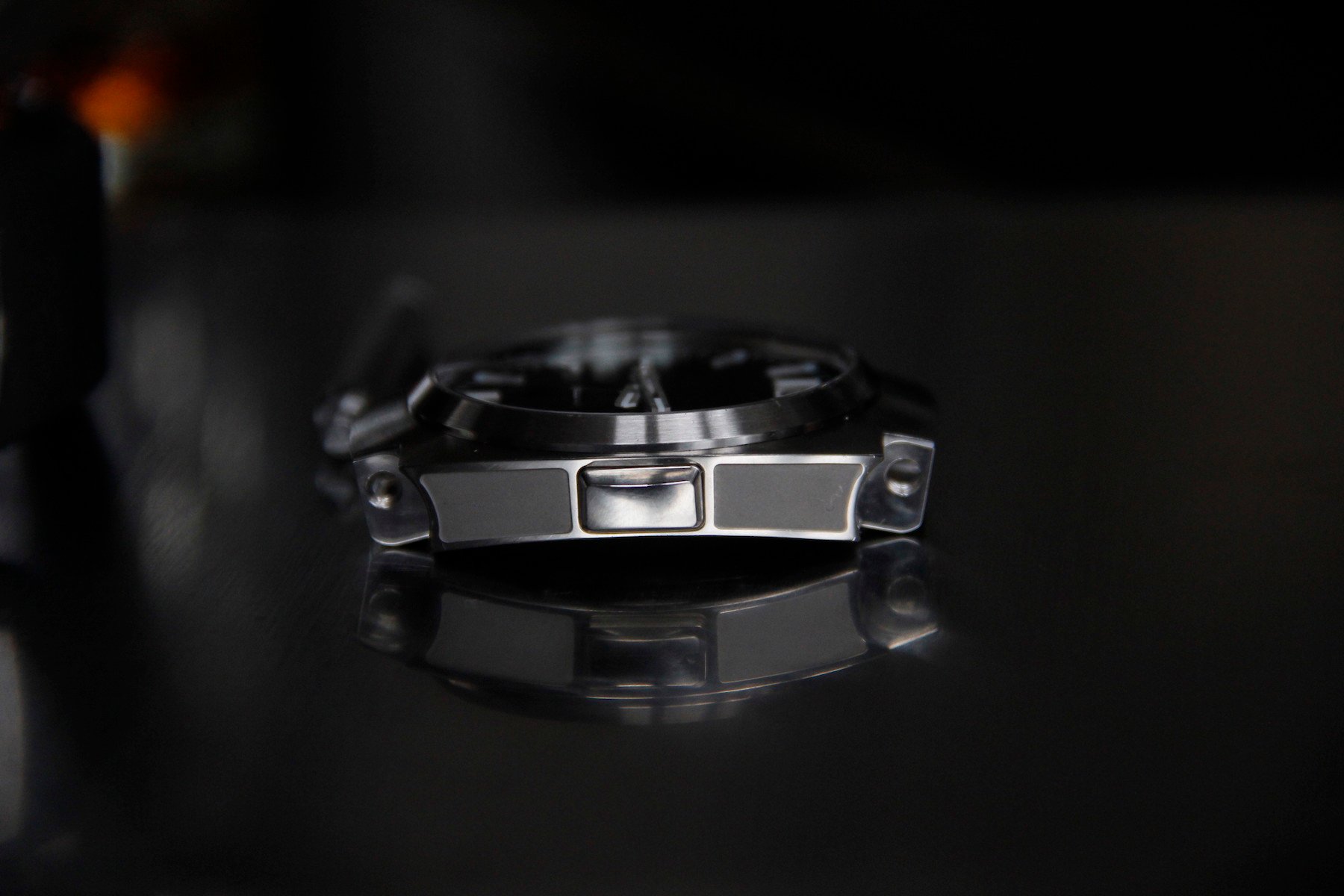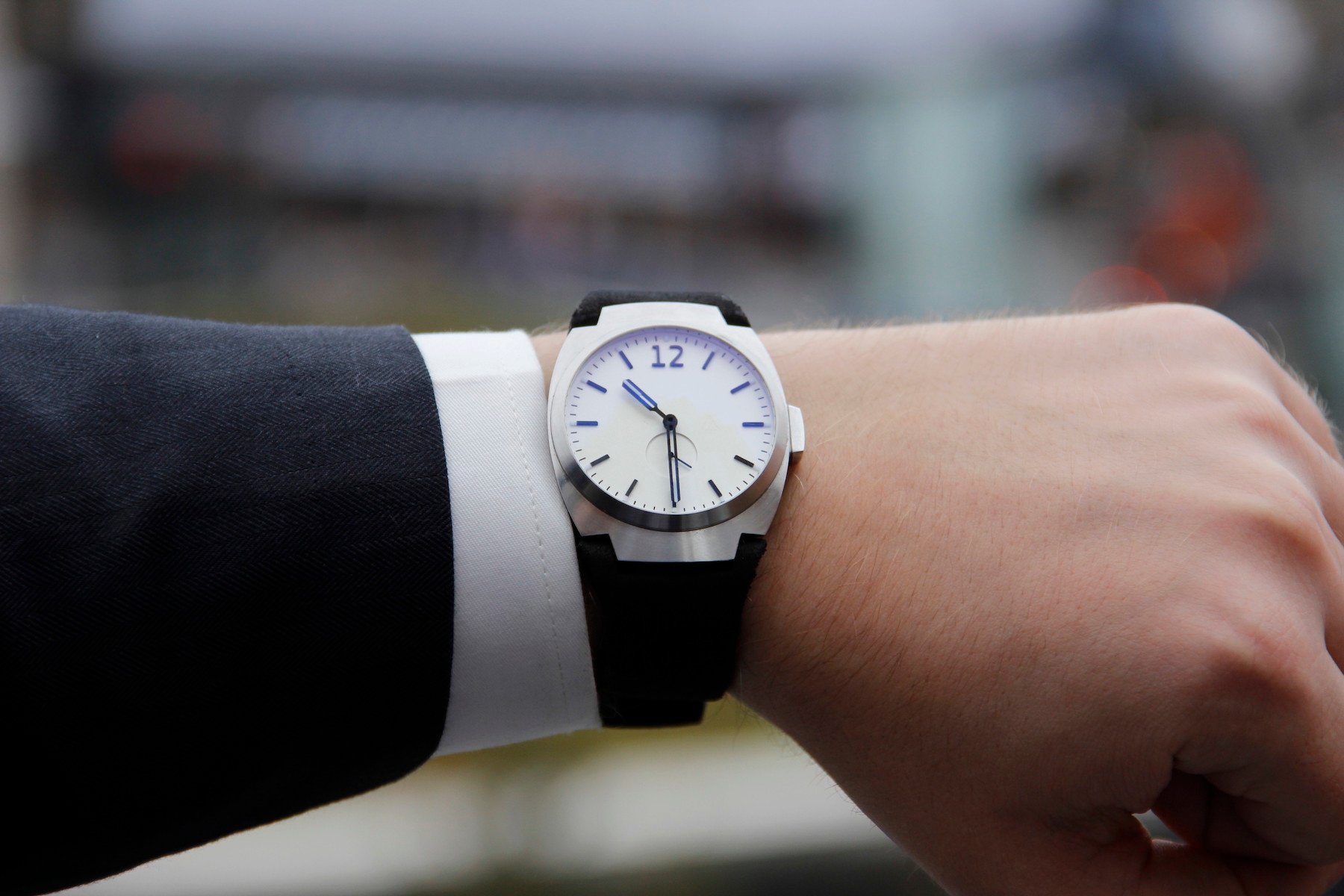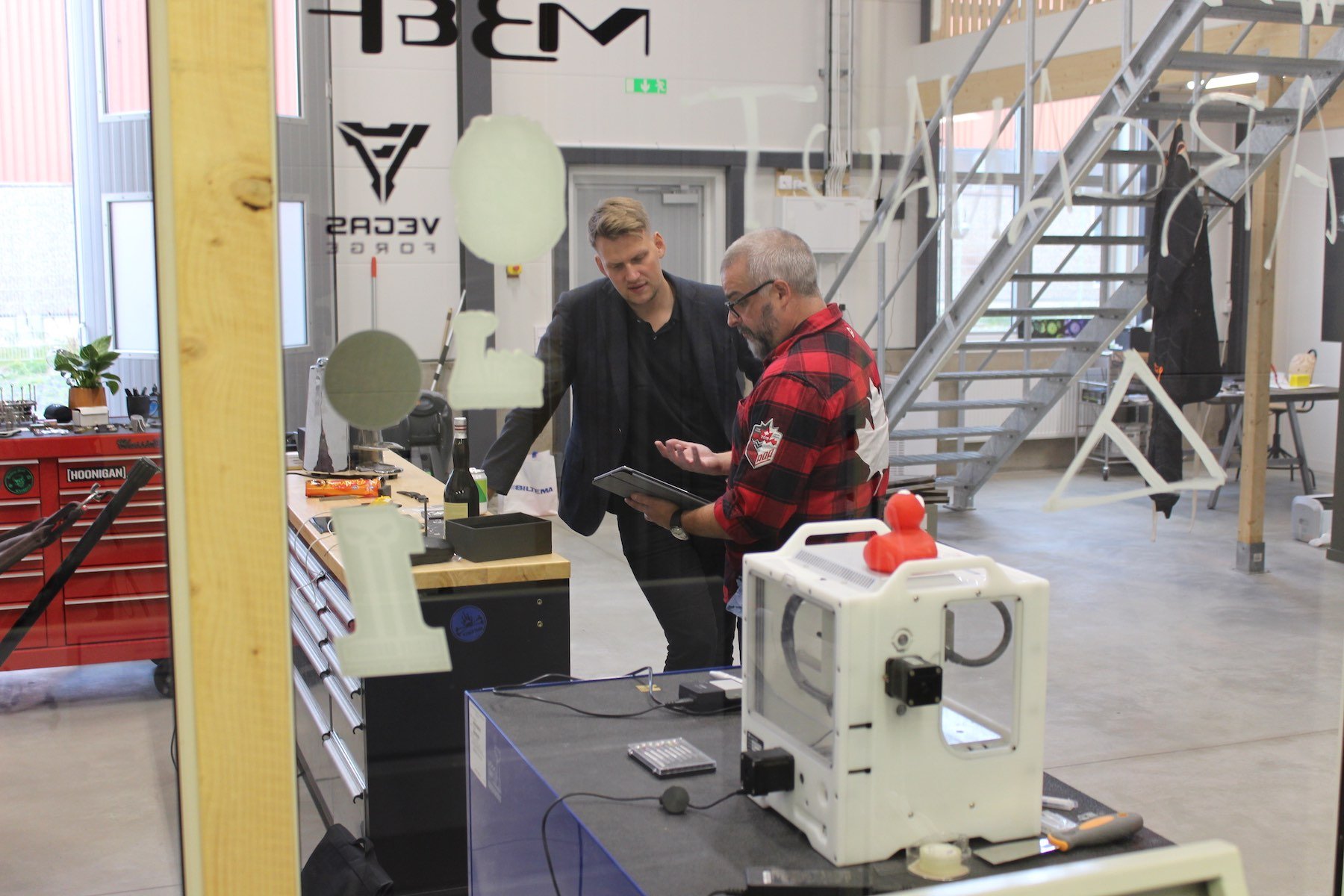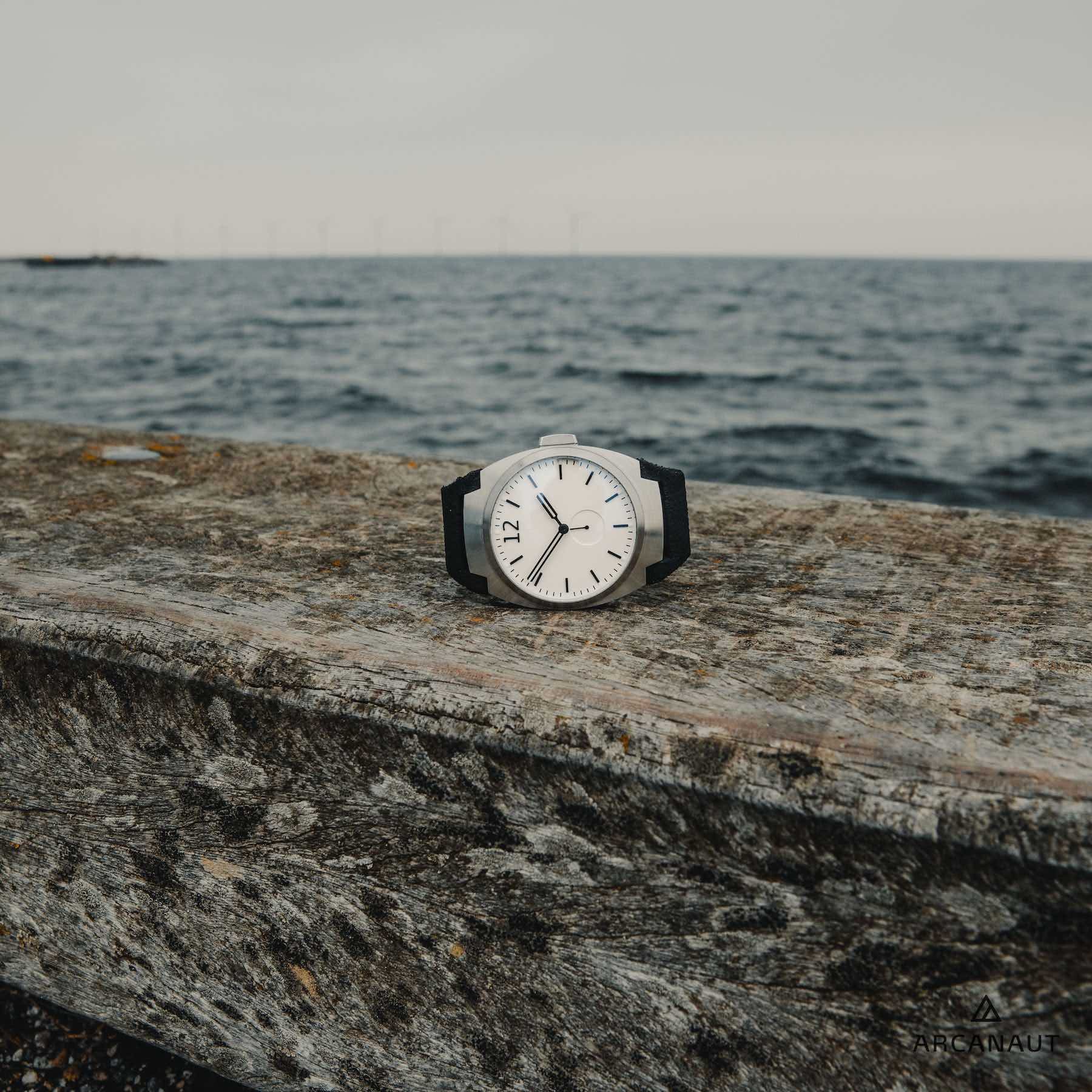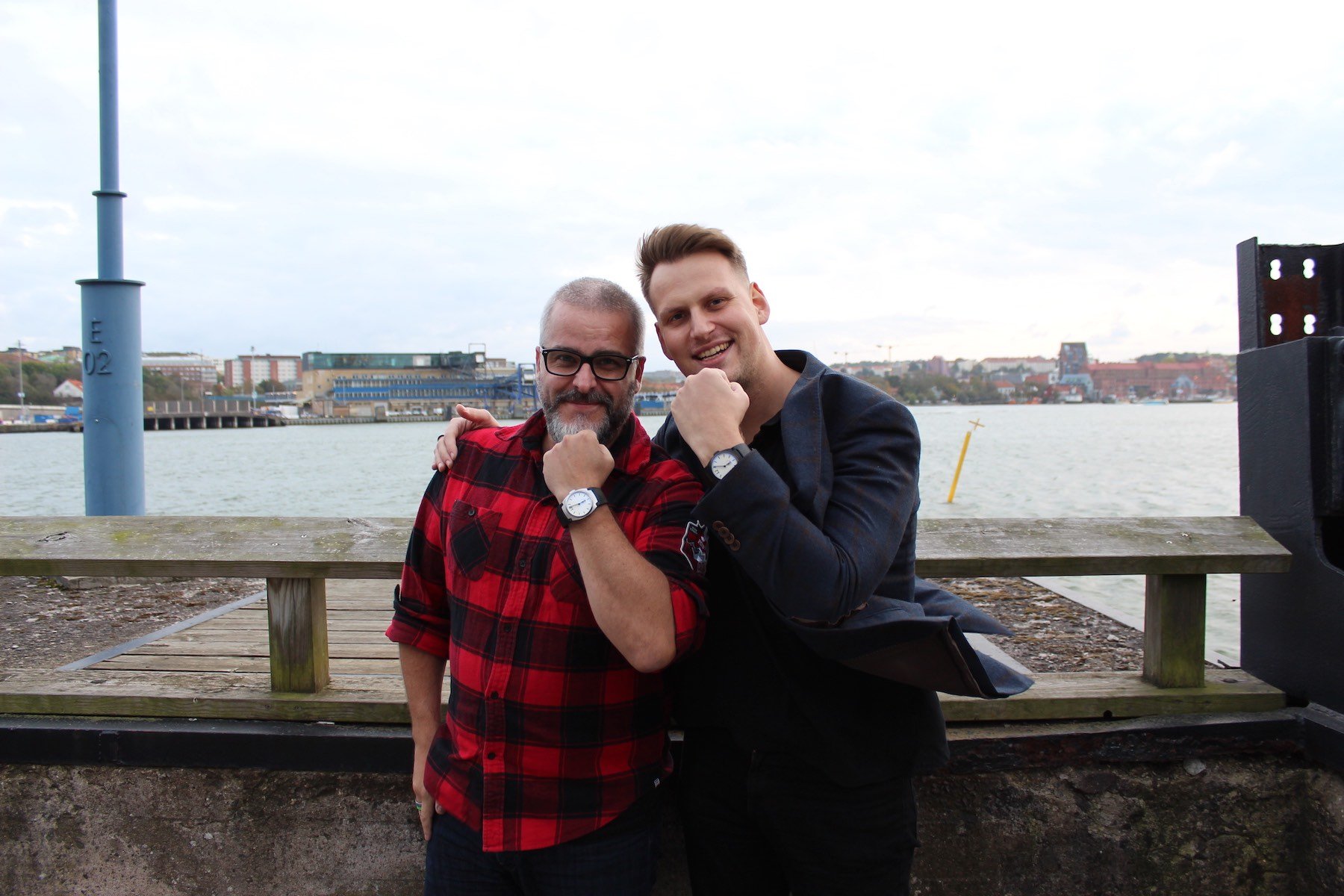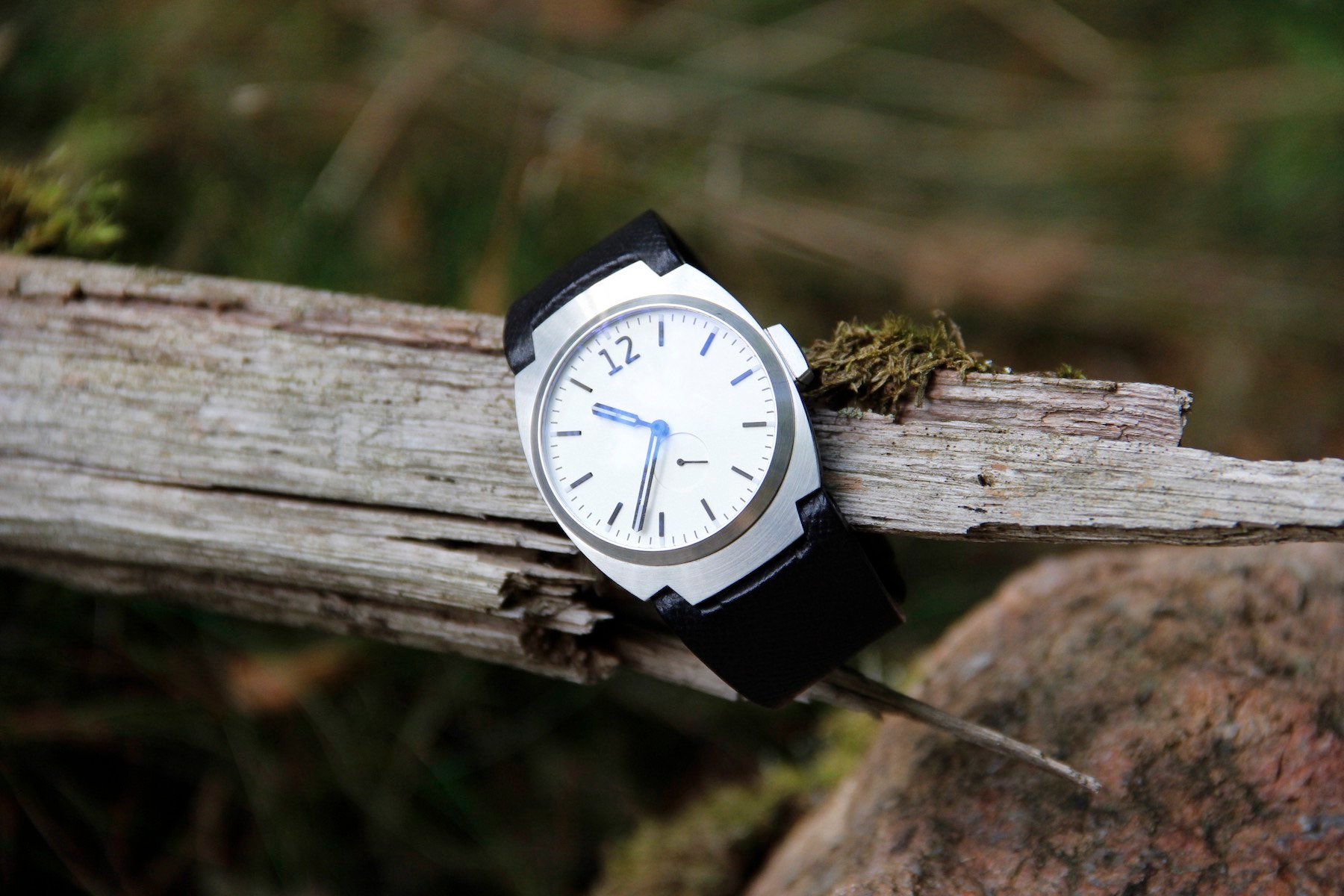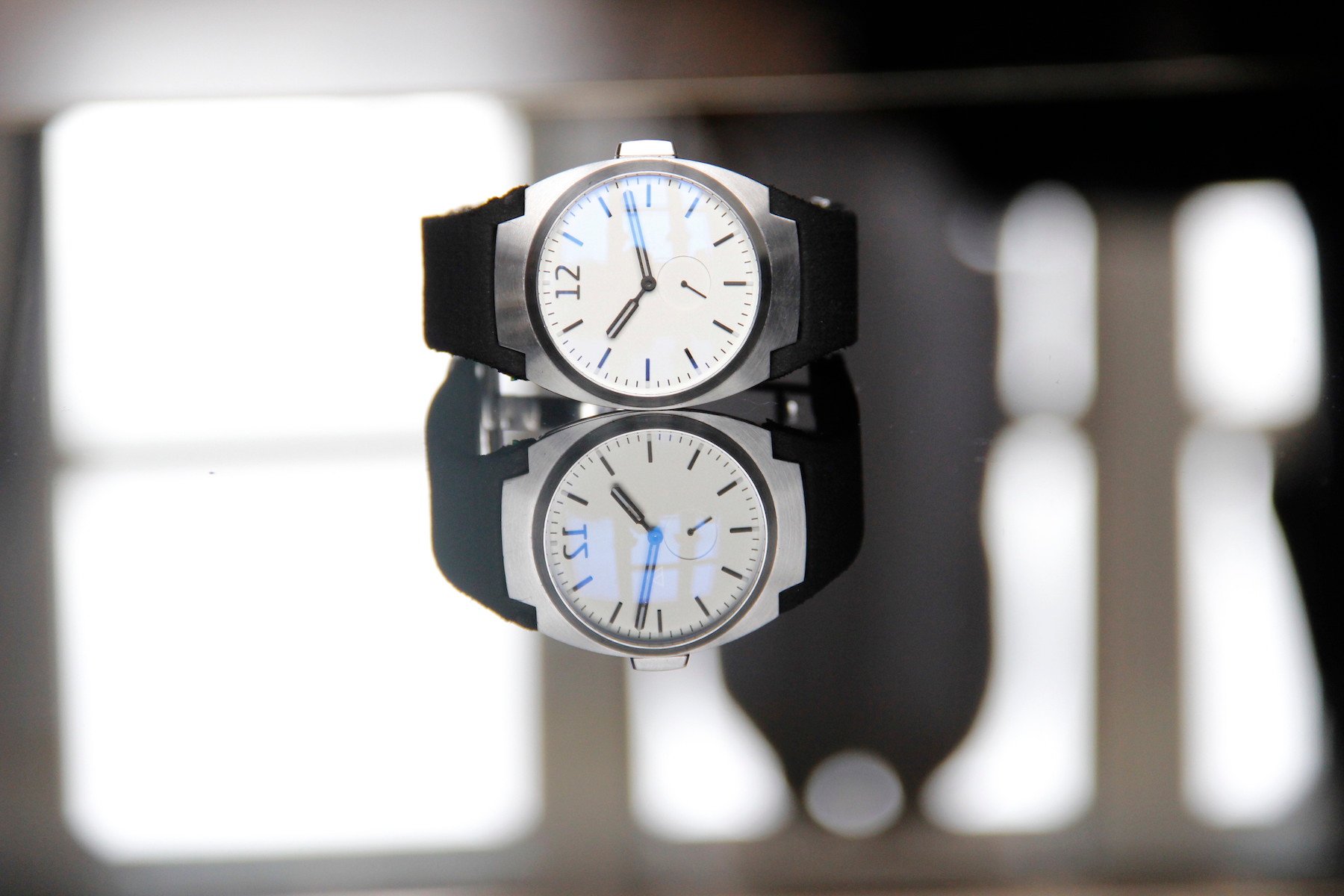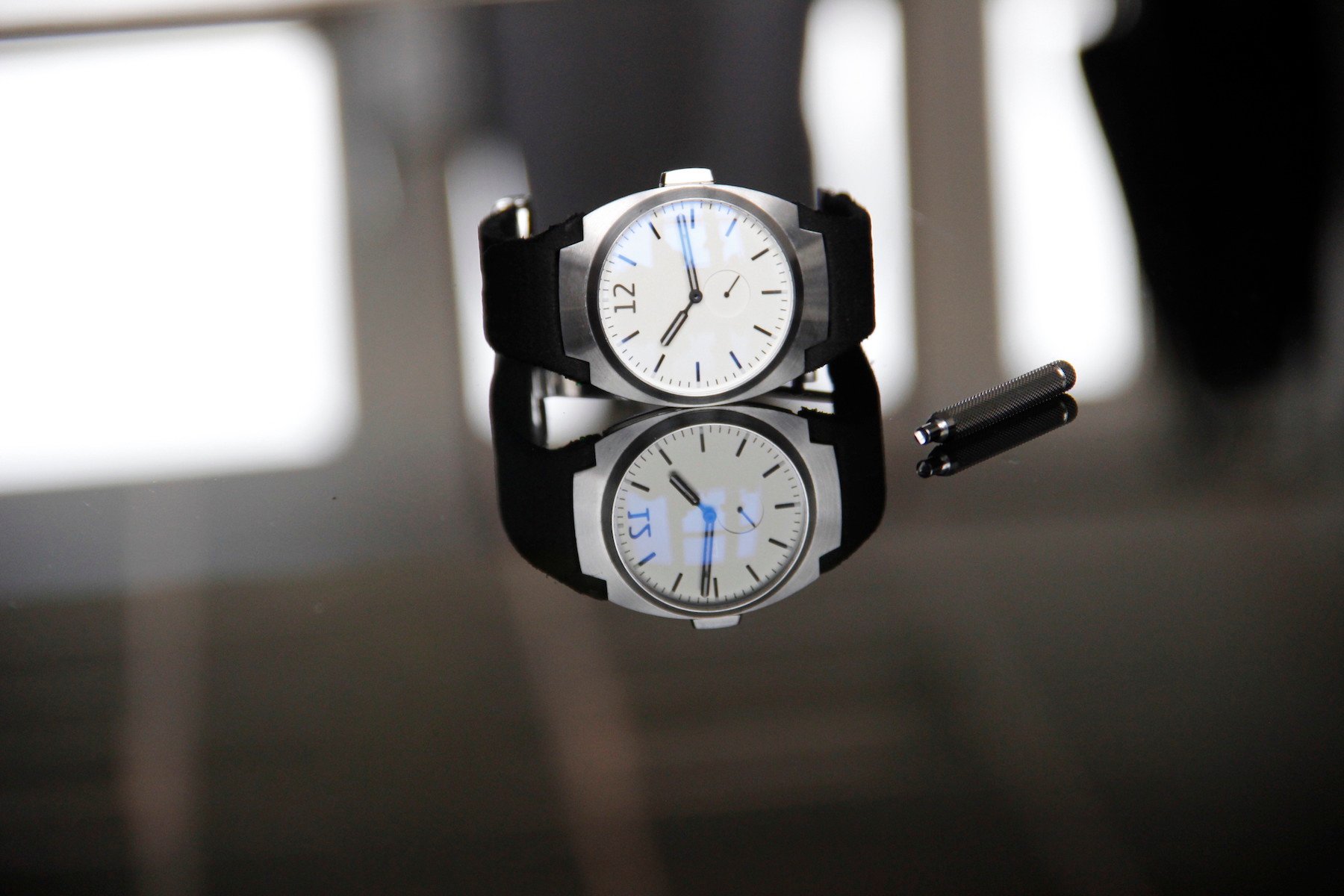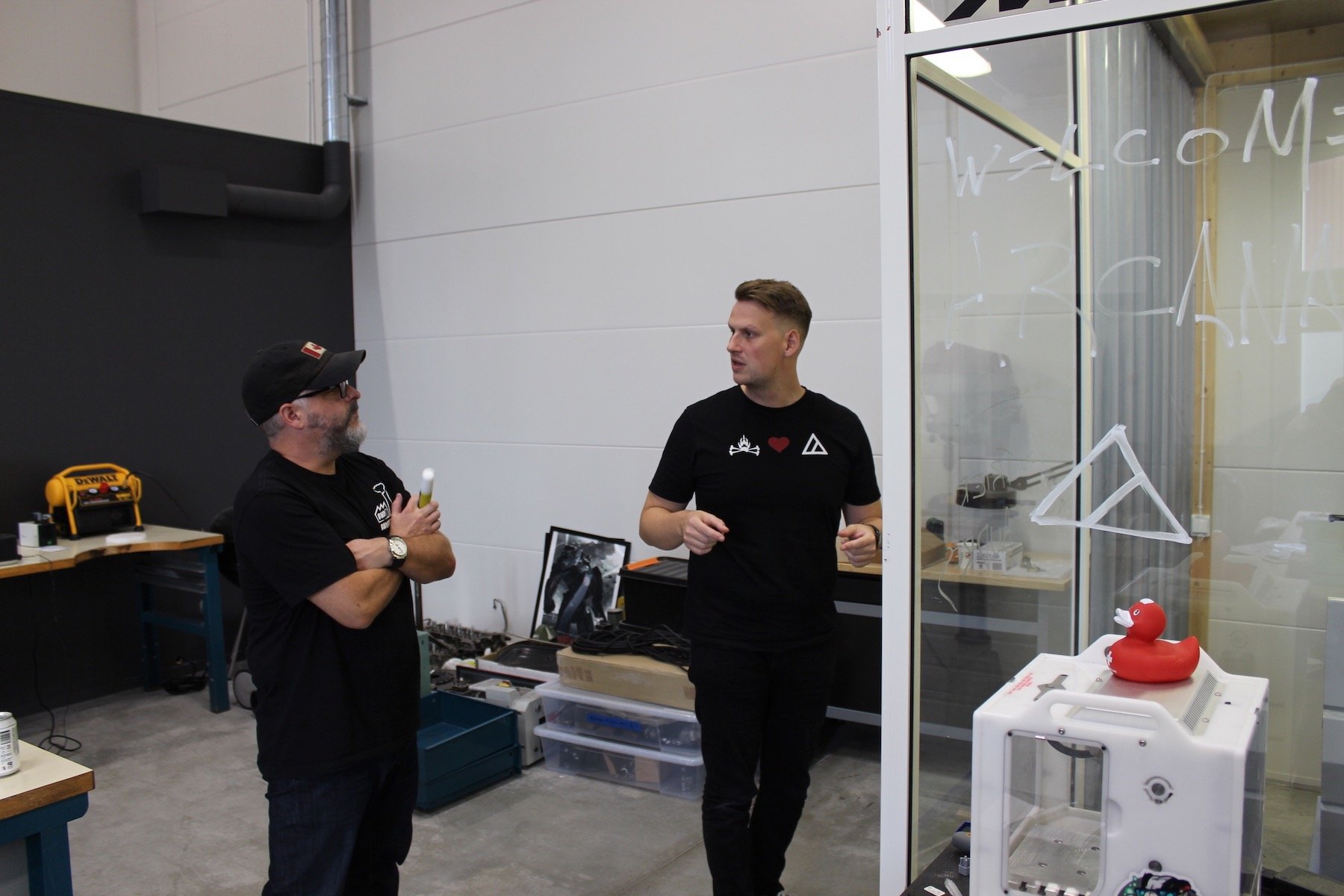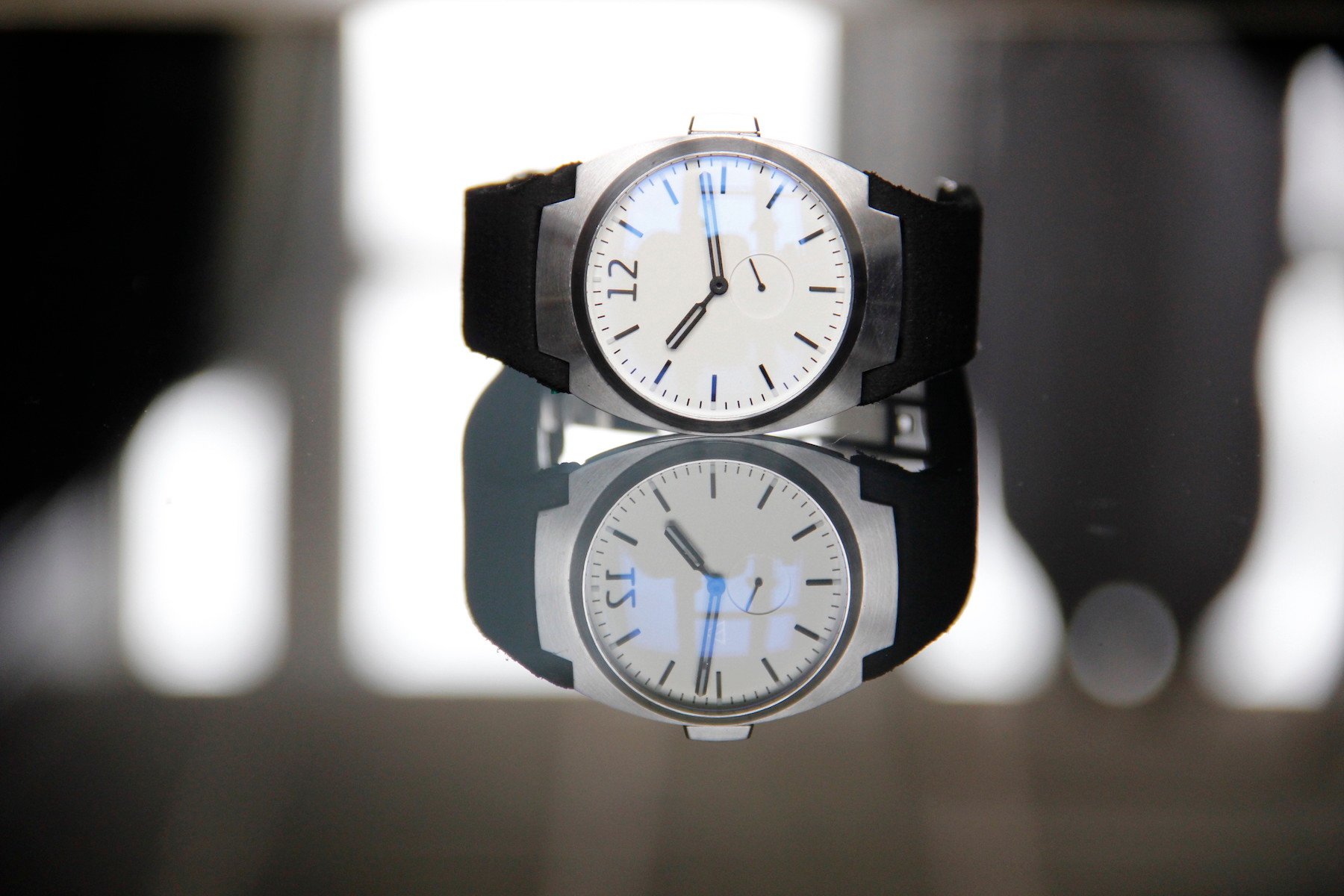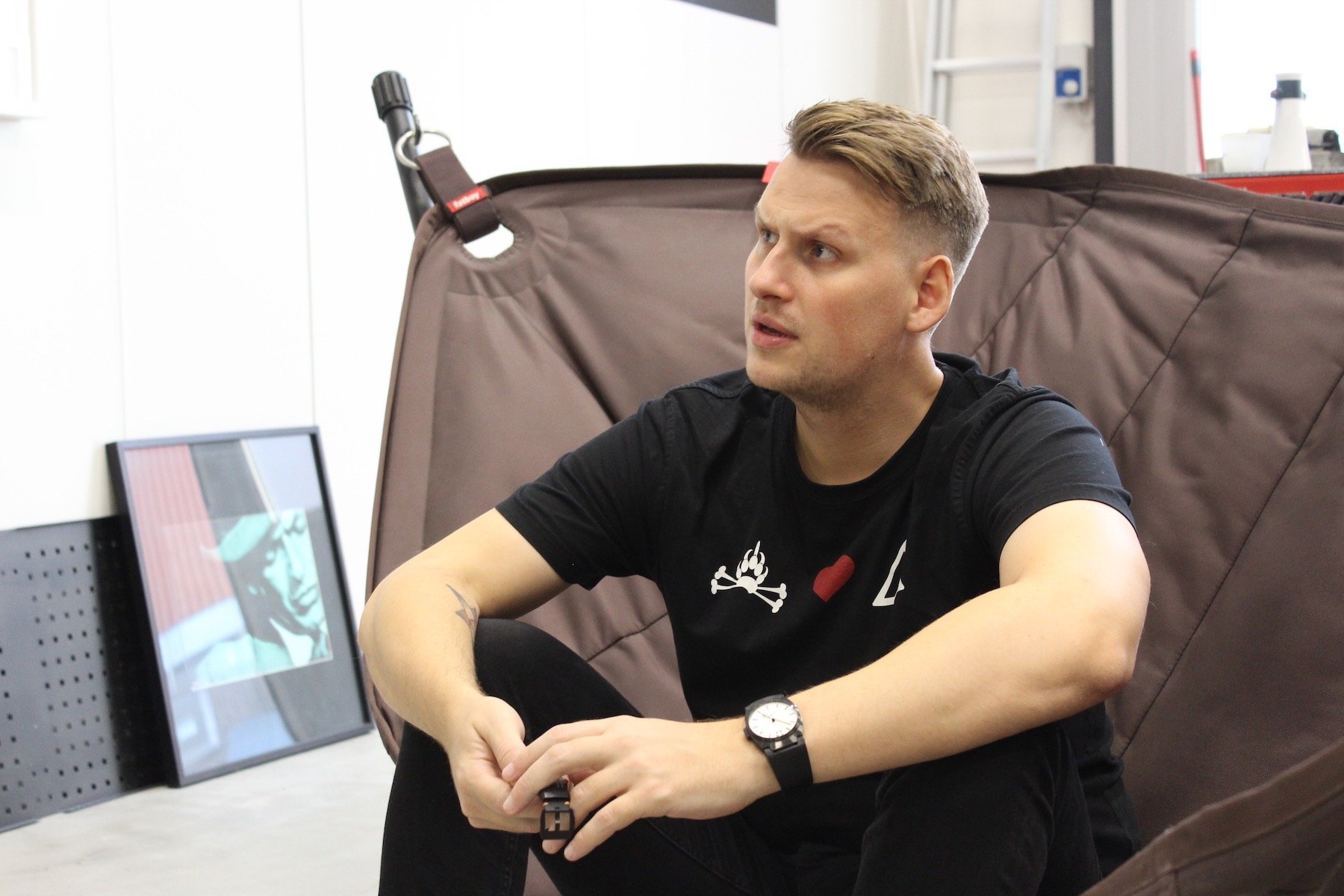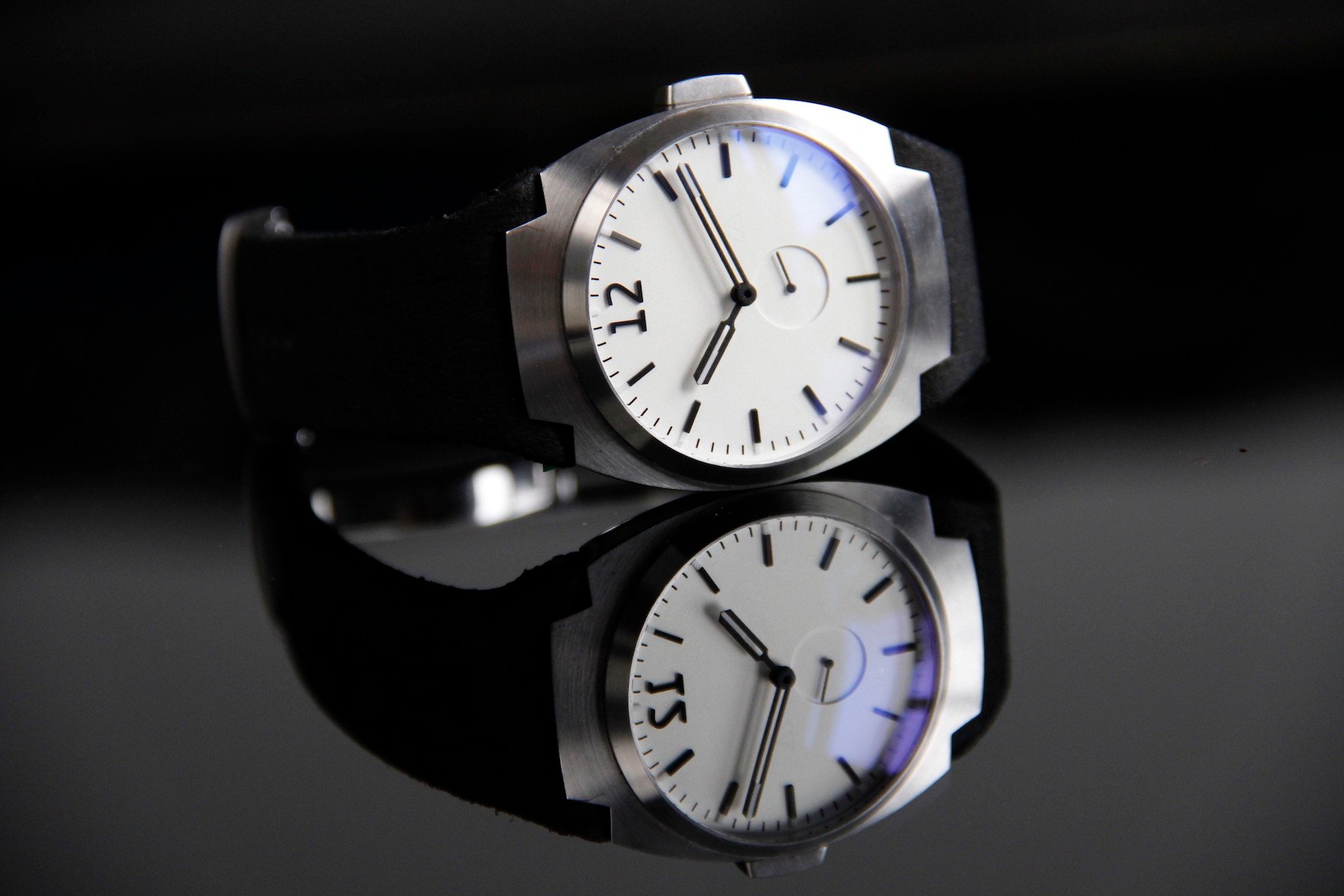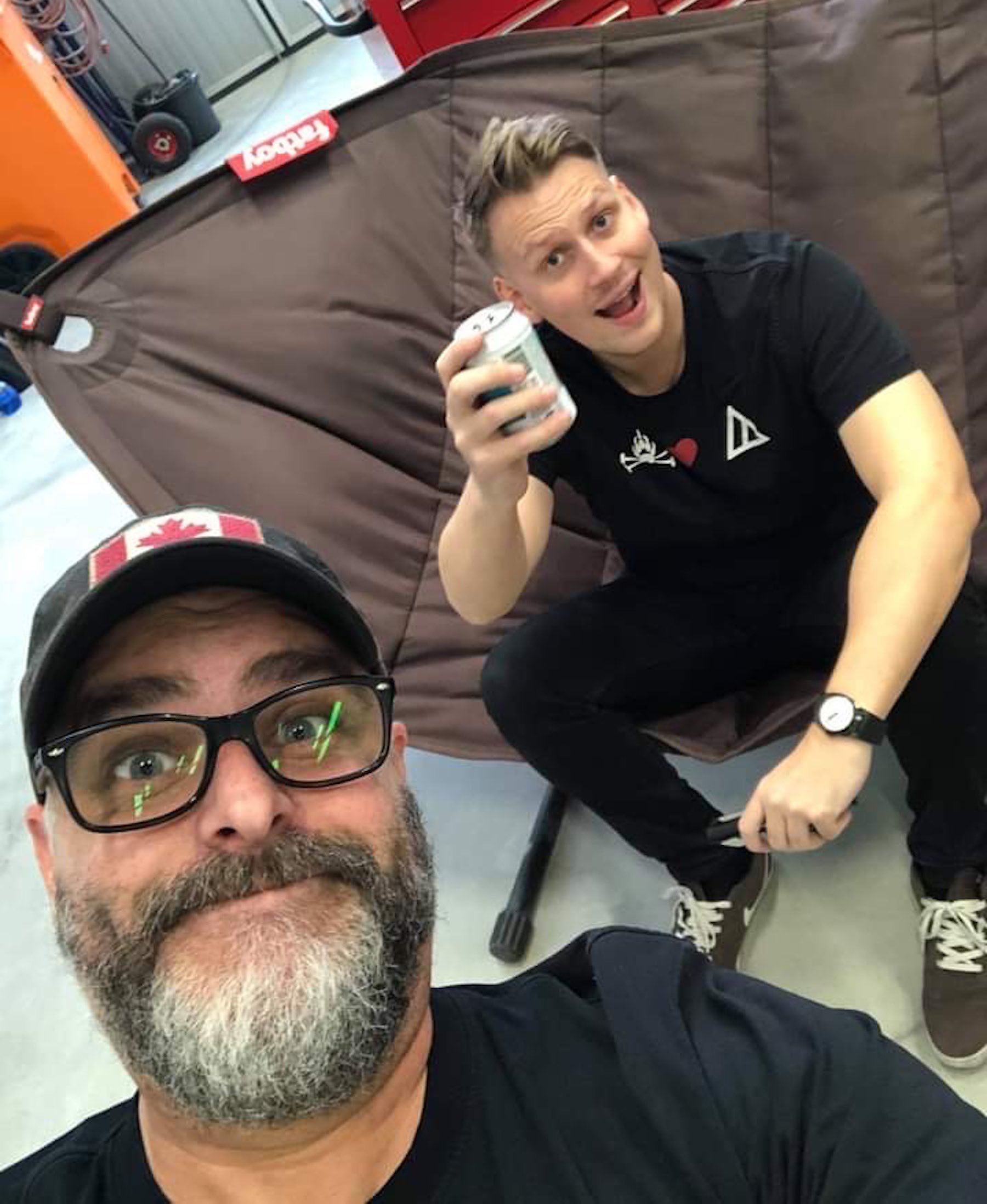Arcanaut Interview: Rob Talks To Co-Founder Anders Brandt
If you like smartly designed, highly unusual watches with a Scandi vibe, you’re in luck. Anders Brandt, a co-founder of Danish brand Arcanaut, sat down with Rob Nudds to explain the thinking behind one of the most culturally interesting watches out there.
Rob Nudds: Hi Anders, thanks for sitting down with us at Fratellowatches.com.
Can you tell us where your watchmaking journey began? Does it run in your family? Were you exposed to it from a young age? Did you fall into the trade by accident?
Anders Brandt: Well, I stumbled into all of this by pure accident. I cannot brag about my great grandfather leaving me a Trench watch from the war or starting to collect watches at the age of ten – I just kinda became a brand owner overnight by accident.
Arcanaut watches started when I met Simon, my co-founder, at a bar in Copenhagen. We kinda just stumbled into each other one evening when I overheard him bragging about his Breitling Navitimer, to which I jokingly shouted across the room something like: “But you cannot see what the freaking time it is!”
…my journey started from a place of passion for design…
And from there we spiraled into a very spirited discussion about watches and design that lasted until the sun came up. During this conversation, we fell in love with the idea of creating a truly Nordic watch, not just visually but also in having this authentic approach to what a Scandinavian watch should feel like.
So my journey started from a place of passion for design, which was tempered by Simon’s passion for watches and vice versa — the fusion of these passions ended up becoming the foundation of what is now Arcanaut watches.
RN: What inspired you to start your own brand?
AB: The concept of Arcanaut comes from this straightforward idea, or question, that Simon and I asked ourselves when we started out: “How would a truly Nordic watch look and feel?”
So, then you gotta ask yourself, “What makes something truly Nordic?” – what is it that truly gives you that Scandinavian look and feel?
When people today think about Danish or Scandinavian design, most will think about that sleek minimalist look – but that’s too lazy. Anyone can make something minimalistic if form trumps function at every step. The truth is that making something “minimalistic” is not what makes something Nordic. In my mind, Scandinavian design is all about creating your own rules, with a very functionalist approach in mind. You have to think about what the role this “thing” you are trying to design has, and how it interacts with people; what gives it purpose? When you look at a watch from this perspective, it was really very simple to us:
The watch needs to tell time effectively, be comfortable to wear, and look nice but not be intrusive.
RN: As a (relatively) new brand owner you must be a busy man. What does your typical day look like?
AB: Well, every day is different. And my daily rhythm can be quite erratic – sometimes I stay up late working and then sleep in and other times I’m an early bird. I’m at my best when I get a bright idea, and those bastards have a strange habit of arriving unannounced…
But mostly my day will consist of me combing through emails and Instagram in the morning, then jumping on my bike to go see manufacturers around town, and then have a lot of online meetings with design work in between.
RN: Do you sleep well?
AB: Haha, good question. Actually, I usually sleep like a baby. I’m one of these people who can sleep through a bombing raid.
But I’ve definitely had sleepless nights over the years. Something you need to know about Arcanaut is that we design and pay for everything ourselves — so if something goes wrong, there’s nobody else to blame or solve our problems.
…it makes success all the sweeter.
So yeah, sometimes I sleep like a baby, and other times my mind is working overtime to try and solve some weird problem that I have never faced before. That’s what I really love about being an entrepreneur — having skin in the game. I’ve tried working with things that had little immediate impact for me negatively or positively.
And I respect people’s dedication to their work even if it is “boring”, so to speak. But I truly get a kick out of being responsible for failures and fixing them — it makes success all the sweeter. I think you learn a lot more that way compared to being a little gear in a very big clock, so to speak.
Rob: How do you manage to remain engaged with the developing trends of the watchmaking industry while trying to blae your own trail? Do you think it is important (or essential) for brand founders to keep an eye on their surroundings and competitors or do you believe that can influence your direction negatively?
AB: I once heard that Sergio Leone never watched a Western movie in his life before making The Good the Bad and the Ugly. And today, if you think about it, there’s really nothing more iconic to the Western movie genre than seeing a squinty-eyed Clint Eastwood smoking a cigarillo in a close-up shot.
…I like being a trailblazer…
I think it’s important to realize that you don’t need to look at what everybody else is doing to be successful in a field. Especially if you are creating something like a watch, where trends and other peoples’ opinions just end up hampering your own vision. Being the best at doing what everybody else is doing is both honorable and very profitable, but I like being a trailblazer — going where the map is blank and trusting your instinct and skills.
Because we are so very limited with resources, we also have to be very creative about approaching everything from design, manufacturing to marketing – we really don’t have the luxury of copying what everybody else is doing. And if you look at history in the broadest sense, the most spectacular successes have come from people with constrained resources having to think for themselves – from Alexander the Great to George Lucas. But of course, it’s quite a gamble, and that doesn’t appeal to everyone.
RN: What aspects of horology appeal to you the most? Are you more interested in the technical side of things, the aesthetic, the philosophical, or something else?
AB: I’m definitely more interested in design and aesthetics than I am on the technical side of things. I don’t really get excited by overly complicated and technical fluff. When you look at mechanical watches, there’s just not much you can do technically better. You can of course, keep adding Tourbillions or insane complications, but it’s not like it’s going to make the experience of the watch way better.
What I get excited about is taking small overlooked things and making subtle tweaks that improve the experience significantly.
This can be anything from doing something different with the straps to increase wearing comfort or using a new material that increases legibility at night. For me, that’s really where all the potential lies – it’s all in the details that everybody else forgets because they are so caught up in trying to impress each other.
RN: What does Arcanaut offer that other brands in this competitive price point cannot? Why should someone invest in an Arcanaut watch?
AB: I think people who buy our watches experience a lot of value from all the underplayed layers to the watch design. Wearing one of our watches is kinda this intricate experience that you notice little by little. Very downplayed and subtle at first glance. But then up close, everything from the legible dial, the square crown, to the feel of the curved and ergonomic shape of the case – to how the finishes interact with the light in the room – creates this multifaceted experience that’s very unique while still not being in your face.
…I want people to experience our watches.
It’s almost like one of these dishes you can get at a fancy restaurant, where what you see on your plate seems very simple at first. Still, then when you bite into it, it has all these different textures and flavor profiles that blow your mind — and that is precisely how I want people to experience our watches. So if you are into something very understated yet distinct and also want excellent quality and craftsmanship, I don’t think there are any other brands in the same price range that deliver the same type of experience.
RN: When was the last time you learned something new about horology?
AB: Don’t know if it’s about horology per se, but over the past few months, I’ve learned that every part of a watch that can be manufactured in Switzerland (except for maybe the movement) can be manufactured just as well or even better in Denmark; you just have to be very creative about how you design and plan out your production process.
One of the major problems we have been trying to solve since we launched the ARC 1 was that all the Swiss manufacturers wanted us to order hundreds of parts before wanting to work further with us. Swiss watchmaking is mostly a numbers game, and most manufacturers don’t really want to bother with little gnats like us. The whole system is built around making large quantities of the same watch over and over again, which is just not what we want to do.
So, that really only left us with two options: Either try to get a large investment to pay the Swiss, also running the risk of compromising our own vision for the brand, or try to come up with ways in which we could make everything in small quantities back home in Denmark. We chose the latter, which have turned out to pay off. Take the hands-on our next watch for example; instead of the usual method of stamping the hands out of brass, which requires a large initial investment, we found a way to cut the hands out of steel in two parts: One standard and one custom part, and then fuse them together later when we need to.
…doing things the Scandinavian way.
This method would be a very costly way to make the hands if we needed to make thousands of watches each year, but the fact of the matter is that we would rather make small quantities and always have the opportunity to come up with new designs: Flexibility is key for us.
And the funny thing is that the only reason we have access to this sort of method is that Denmark has the largest hearing aid industry, in the world, with lots of smaller manufactures making extremely small parts. So taking advantage of that is one example of doing things the Scandinavian way. We ARE constantly trying to reinvent the wheel, but we do one wheel at a time so we can find out how to make it better.
RN: Which lessons you’ve no doubt learned since starting this journey have stuck with you the most?
AB: Don’t try to make yourself into something you aren’t. At the beginning of all this, we, like many other new brands, attempted to portray this posh “We’re Swiss Made” identity, which is just not who we are. I come from the Danish countryside of Jutland, which is as far from Geneva’s clean streets as humanly possible. I think it’s kind of cliché to say that you need to be true to yourself, but that’s because it’s so damn hard for us humans to be – after all we’re no different from monkeys with the basic instinct to copy what we see. The truth is, we’re not Swiss and we’re not sorry.
RN: What was the worst experience(s) you’ve had so far in watchmaking?
AB: Back in 2018, right before Christmas, I was in Geneva to pick up the first batch of ARC 1 watches that were to be delivered to customers who wanted to give them away for Christmas presents. I don’t want to go too much into details because I don’t want to pick on one of our former business partners, but the story ends with me having to call all the customers from my Airbnb and tell them that we wouldn’t be able to deliver the watches before Christmas anyway.
…the most precious thing you have is your word…
Sitting alone in an apartment during the holidays to wait for a batch of watches that didn’t make it was the worst experience I’ve had so far. I hate not being able to make good on my word — after all, the most precious thing you have is your word, and if people don’t trust it, you’re not really worth much.
RN: And the best?
AB: Whenever somebody from Denmark orders a watch, we try to deliver the watch personally. There’s really no better feeling than seeing somebody experience something that you have designed and made yourself, getting to put your watch on their wrist for the first time is a fantastic feeling.
RN: What kind of watch gets you excited? As you may know on Fratellowatches.com, we’re kind of obsessed with Speedmasters. Is there a model or a brand that has the same effect on you?
AB: Funny enough, there are actually no other watch models that get me more excited than Omega Speedmasters. For me, it’s the perfect blend of story, functionality, and understated beauty – It’s not in any way pretentious or trying to be something it’s not – it’s just a damn fine watch.
RN: What are you wearing right now?
AB: Right now I’m actually wearing one of our own prototypes. It’s an ARC 1 DLC or “D’ARC” as we call it.
RN: Which living watchmaker would you most like to work with and why?
AB: Tough question, so many great people to choose from! But I think I would have to go with Maximilian from MB&F. There’s just something so avant-garde and cool about everything the guys at MB&F do, not only could I probably learn a lot about design, but moreover learn a lot about watchmaking by working with him.
RN: Has your interest in watchmaking changed you as a person? Does it make you look at things in a different way?
AB: I’ve been thinking a lot about how my sort of philosophical outlook on the world has changed with my journey into watchmaking. From this very rational and quite somber way of looking at life to a more appreciative way of looking at life.
It doesn’t make any sense from a logical standpoint.
Mechanical watches are quite strange if you think about it. If you were a Martian visiting earth, you would find it incredibly strange to see people walking around with these technologically obsolete machines on their wrists. It doesn’t make any sense from a logical standpoint.
There are these things that hold us together, a kind of glue if you will: Art, traditions, and love – really don’t make a lot of logical sense, but it’s what keeps us together and makes us human.
Watches are really this highly sophisticated way of talking about the weather. I really love the fact that I can be sitting in an airport and speak passionately with a total stranger because he’s wearing a specific watch that I notice.
And I think before this, I really had this frigid and calculating view of the world, where things that didn’t have immediate tangible value, didn’t have value at all.
Now I see that the best things in life, what holds the world together, are all the things that don’t really make rational sense – but make a lot of emotional sense – amongst these things are watches.
RN: What’s next for Arcanaut?
AB: Right now we are taking the time to experiment with new materials, design, and play around with different ideas for our next model. We are in no rush and really want to deliver something incredible and totally unexpected to our customers.
…it’s just so much easier to make great things when it’s made in your backyard.
In the future, we are going to manufacture and assemble almost every part of the watch in Denmark. This is not because we think there’s anything wrong with making things in Switzerland, or us just wanting to brand our watches nationalistically with “Made in Denmark” — but it’s really from a more practical standpoint: it’s just so much easier to make great things when it’s made in your backyard. If I have a new idea and I want to try out, I can jump on my bike and go to a local manufacturer, slide a beer across the table, and get things done in a couple of hours — that’s innovation for ya!
And last but not least, we recently welcomed a new member of the Arcanaut tribe — our longtime friend and business partner, James Thompson from Black Badger is now a part-owner of Arcanaut. This is a major push for us, developing watches in new exiting materials and experimenting a lot with design and manufacturing, which you may know is James’ specialty. So the future looks bright, right now we are just taking the time to ensure we will be delivering something spectacular for the next model.
This interview was conducted between Rob Nudds of Fratello and Anders Brandt of Arcanaut on October 16th, 2020. Learn more about Arcanaut here.

